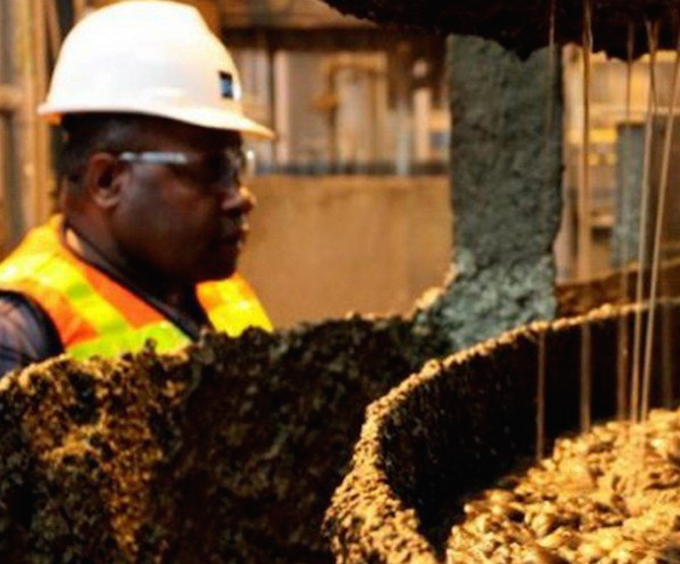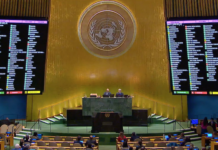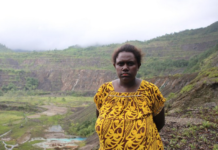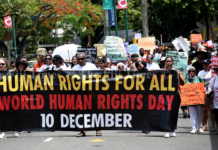
By Viriya P. Singgih and Fedina S. Sundaryani in Jakarta
Gold and copper miner PT Freeport Indonesia, the country’s largest taxpayer and oldest foreign investor, is in for another rough ride as it struggles to fight the government’s demand to divest controlling ownership and resolve allegations of legislative contempt.
Reuters reports that all work has stopped at Freeport’s Grasberg mine and its workers are planning a demonstration against the government’s move last month that halted exports of copper concentrate to boost domestic industries, a union said.
A prolonged stoppage at the world’s second-biggest copper mine would support copper prices, near 21-month highs this week, but would also deny the Indonesian government desperately needed revenue from one of its biggest taxpayers.
READ MORE: Freeport says it hasn’t agreed on new contract
Freeport’s headache intensified last week when the Energy and Mineral Resources Ministry claimed the company had agreed to convert its contract of work (CoW) to a special mining licence (IUPK), and required it to divest 51 percent of its shares and construct a smelter.
In exchange, the government allowed the company to resume its exports of copper concentrate to prevent massive layoffs in its operations in the backwater regency of Timika in Papua, where Freeport has been operating for more than five decades.
The government has claimed its recent policy to continue the relaxation of raw and partly processed mineral exports, which many analysts and politicians deemed as against the law, has profited Freeport because the company can continue with exports despite its questionable commitment to construct a smelter in Indonesia to process its products.
While Freeport has indicated it will fight against the share divestment while agreeing to other demands set out by the government, Energy and Mineral Resources Minister Ignasius Jonan has not blinked and insists the company has to comply.
“Why are they refusing the divestment rule? The shares will later be bought by the government or the government’s partners. What is exactly the reason behind the company’s reluctance?” Jonan said.
Freeport, a local unit of politically wired US mining giant Freeport McMoRan Inc. (FCX), said it would not agree to the contract conversion unless the government provided a long-term investment stability assurance, consisting of fiscal and legal certainties, in accordance to its CoW signed in 1991.
“Freeport Indonesia will keep working with the government to find the best possible solution for both sides. However, no agreement has yet to be made as of today,” Freeport Indonesia spokesperson Riza Pratama said.
Under the CoW, Freeport is required to sell 51 percent of its stake to Indonesian entities by 2011, or 45 percent if it has sold a minimum of 20 percent in the local stock market.
However, a string of regulations were issued along the way that eventually allowed Freeport to dodge the requirement to this date, where very few officials have made a fuss. FCX owns 90.64 percent of the company, while merely 9.36 percent is owned by the Indonesian government.
















































